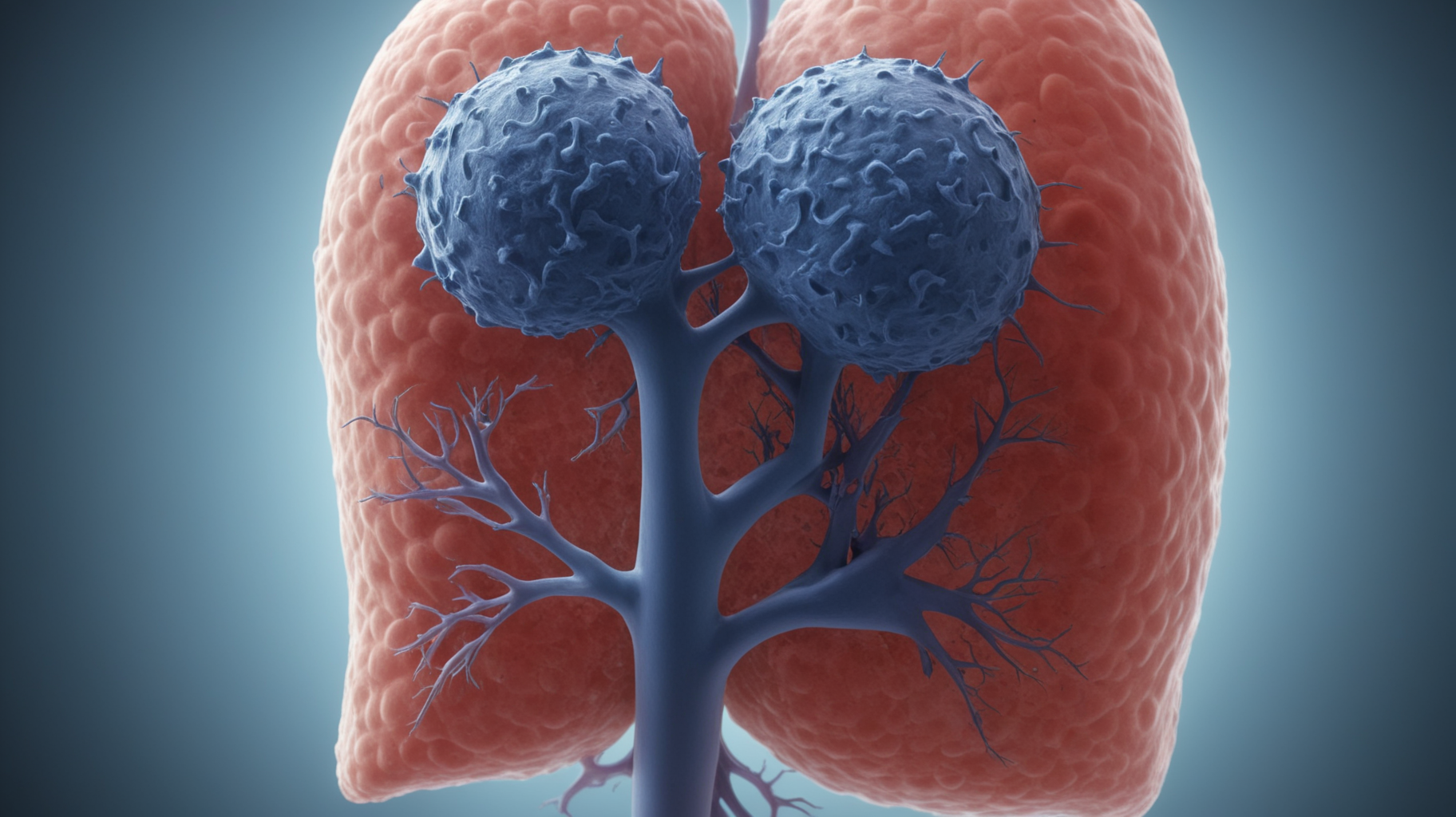Exploring the Safety of Losmapimod in Treating Facioscapulohumeral Muscular Dystrophy
Key Takeaways
- Losmapimod, a p38 alpha/beta MAPK inhibitor, is under investigation for treating Facioscapulohumeral muscular dystrophy and has shown a favorable safety profile in clinical trials.
- Clinical trials, including phase 1 and phase 2 studies involving over a hundred participants, have reported only mild to moderate side effects such as eczema, dry skin, headaches, and muscle pain.
- Despite challenges due to the COVID-19 pandemic, the trials demonstrated resilience, and Fulcrum Therapeutics plans to proceed with phase 3 trials to further validate the efficacy and safety of losmapimod for FSHD.
Did You Know?
Introduction to Losmapimod and FSHD
Facioscapulohumeral muscular dystrophy (FSHD) is a genetic muscle disorder that, while not widely known, impacts a significant number of individuals, with estimates around 20,000 in the U.S. alone. Characterized by progressive skeletal muscle loss, this condition has long eluded effective treatment options. In recent developments, losmapimod, a p38 alpha/beta MAPK inhibitor developed by Fulcrum Therapeutics, has been under investigation for its potential benefits in managing this disease.
Clinical Trials Overview
The safety and tolerability of losmapimod were rigorously evaluated through multiple clinical trials involving over a hundred participants diagnosed with FSHD. These studies were designed to assess the impact of varying dosages of losmapimod administered orally. The trials included a phase 1 study and two phase 2 studies, each followed by an open-label extension period where the drug's long-term effects could be monitored.
In these studies, participants were subjected to detailed assessments including MRI and muscle biopsies to gauge the drug's efficacy and safety. The dosing regimen typically involved the administration of 7.5 mg or 15 mg of losmapimod twice daily, with specific protocols for monitoring and managing any adverse effects that arose during the trials.
Safety Profile and Adverse Effects
Throughout the clinical trials, losmapimod demonstrated a favorable safety profile. The adverse events recorded were generally mild to moderate and were effectively managed with ongoing dosing. Commonly reported side effects included skin-related issues such as eczema and dry skin, along with other minor complaints like headaches and muscle pain. Importantly, there were no serious adverse events directly linked to the drug, nor were there any discontinuations of treatment due to adverse effects.
Impact of COVID-19 on the Trials
The trials also faced unforeseen challenges due to the COVID-19 pandemic, which necessitated temporary halts in dosing for some participants. Despite these interruptions, the trials proceeded without significant impacts on the overall study outcomes, demonstrating the resilience of the study design and the adaptability of the research teams.
Future Directions and Phase 3 Planning
Encouraged by the positive safety outcomes, Fulcrum Therapeutics is planning further studies, including a phase 3 trial. The aim is to build on the existing data and further establish losmapimod as a safe and effective treatment for FSHD. The ongoing development of losmapimod represents a beacon of hope for many patients suffering from this challenging and often debilitating condition.






